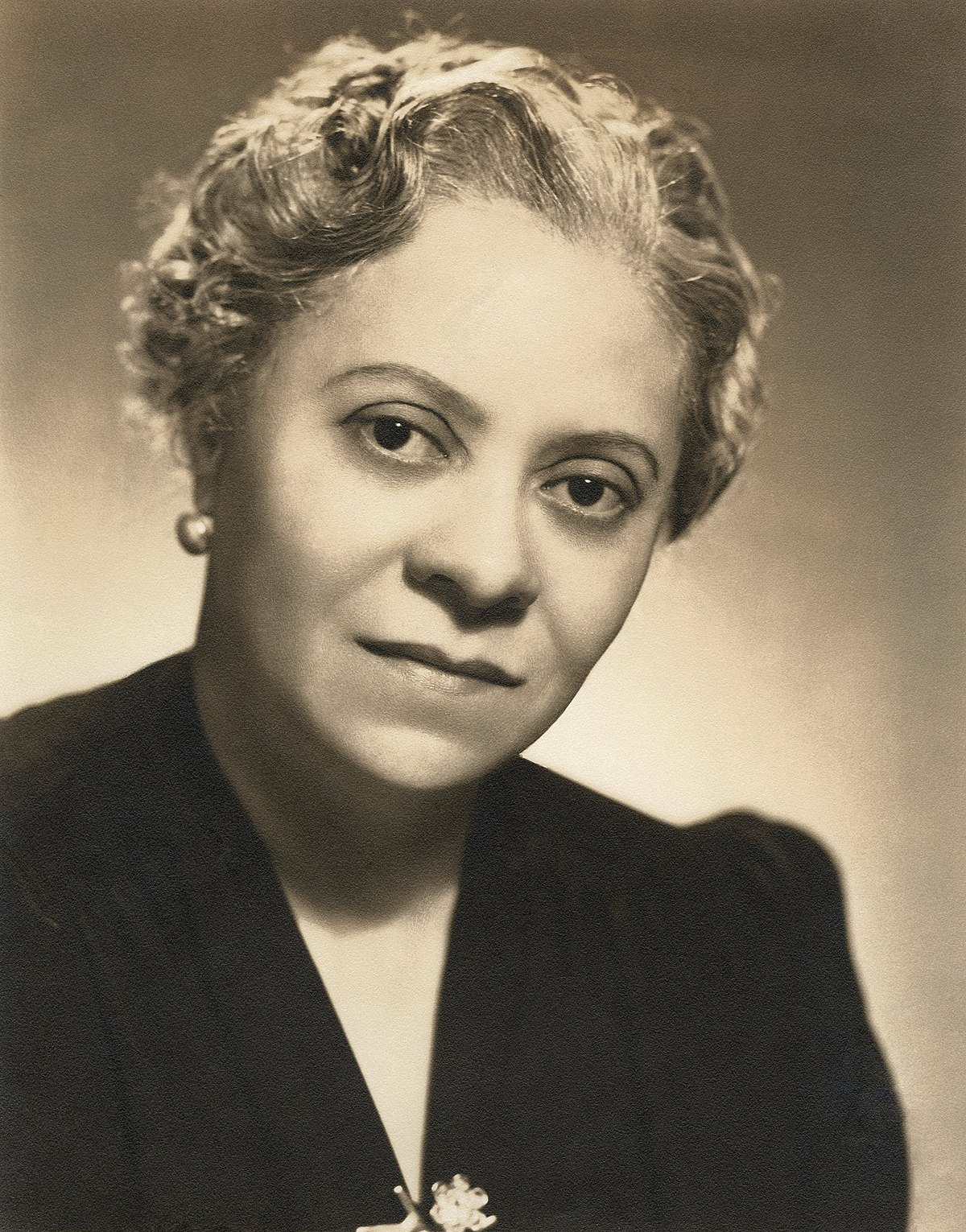Florence Beatrice Smith Price

Florence B Price was the first Black woman to be recognised as an award-winning composer. She was born on April 9, 1888, in Little Rock, Arkansas. Her mother, a music teacher, recognised her musical talent and taught her to play the piano at an early age. She gave her first recital at the age of four; before completing high school in 1903, she had composed and published her first musical composition.
Florence attended the best schools and studied under the best professors. She attended the New England Conservatory of Music in Boston and studied under the noted George Chadwick, director of the Conservatory. Before graduating from college, Florence was credited with a composed, performed symphony. During a six-year span after graduation, she was married and taught at Shorter College in North Little Rock, Arkansas (1906-1910) and Clark University in Atlanta, Georgia (1910-1912).
In 1927, she moved to Chicago, Illinois and began teaching privately. Later, she studied at the University of Chicago, the American Conservatory, Chicago Musical College and Chicago Teachers College. She was fortunate as opportunities for young Black artists were rare, but she was able to earn money by writing radio commercials and publishing for her musical scores. Her style was traditional; she wrote in a neo-romantic style and sometimes drew upon Black folk music elements, suing Black dance forms for her instrumental compositions, and Black poetry as lyrics for her songs.
She was determined to publicise her works and entered one competition after another. In 1925, her persistence and determination proved successful. She won her first prize in Opportunity Magazine’s Holstein Price competition for her musical arrangement “In the Land O’Cotton.” In 1932, she took first place in the Wanamaker Music Contest for her “Symphony of a Black woman. Her success created excitement, and musical doors were opened for her across the Nation. The Brooklyn Symphony, American Symphony, Detroit Symphony, Chicago Chamber Orchestra, amongst others, began performing her orchestral works. Famous pianists performed her concertos, and celebrated singers, such as Roland Hayes, Marian Anderson and Leontyne Price sang her songs.
Florence Price left behind a musical repertoire classed among the best. She died in Chicago on June 3, 1953, but not before establishing herself as a worthy, creative Black American.
